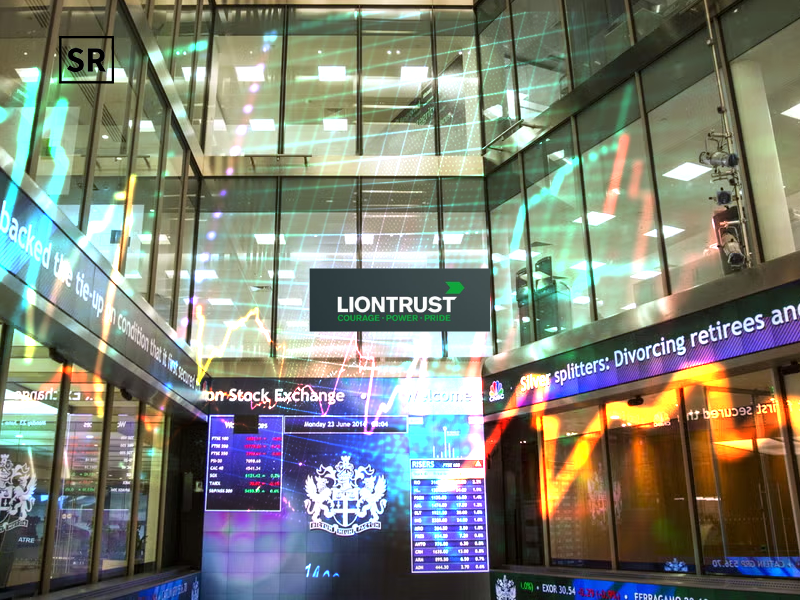
France is the 5th largest economy globally and the 2nd largest in the Eurozone. Although it was initially slower to embrace a liberal business culture than other EU nations, France has successfully attracted foreign investment. This has made registering a company in France a simple process. However, it is still important to seek local advice to make sure you meet all legal and financial requirements for opening a company in France.
SUMMARY
- To create a company in France, you can apply for a temporary residence card labeled Entrepreneur/Professional.
- The cost of registering your company online starts at 550 euros.
Who can start a business in France?
To start a business in France, you must have a residence permit or be an EU citizen. You need a social security number and a French address. You must also be at least 18 years old. Depending on your business, you might need specific qualifications or diplomas.
It is a good idea to consult a French accountant or financial expert for advice. The Ministry of Economy’s website offers guidelines and forms for foreigners who want to start a business in France.
Start a company in France
There are various ways to invest in France and expand your activities. While there are many opportunities, all investors need to follow the same steps to start a company. The steps are listed below
1. Choosing a company structure
When starting a business in France, choose the right company structure based on your project and activities. France offers several options, including Société à Responsabilité Limitée (SARL), Société par Actions Simplifiée (SAS), and Entreprise Individuelle (EI). Each has its own rules for liability, capital, and management.
SARL is popular among small and medium-sized businesses due to its flexibility and limited liability. You can also set up a subsidiary, which is a French company fully owned by you and subject to French taxes, or a branch, which is an extension of a foreign company managed by a representative from the parent company. A liaison office is suitable for non-commercial tasks such as prospecting and advertising for setting up a company in france.
2. Check your company name
Choosing a unique name for your business is important. To see if your preferred name is available, visit the Institut National de la Propriété Industrielle (INPI) website, which shows all registered businesses in France.
To protect your company name and logo, you should register them as trademarks. This will prevent other businesses from using your name or logo. Having a unique name is essential because a name similar to other brands can overshadow your business.
3. Registering the company in France
The next step is to register your company and get a French registration number called SIRET. This number must be included on all official documents. To make this easier, gather all the necessary information beforehand. Once you receive the ‘Extrait Kbis’, the certificate of incorporation, you will get a 14-digit number that includes both the SIRET and SIREN numbers. These numbers need to be used on official documents, invoices, and websites.
The SIRET is made up of your 9-digit SIREN number and a 5-digit code specific to your company. You will also get an APE or NAF code that shows your business activity. After receiving the Kbis, your bank manager can activate your business bank account and unlock your share capital. You will also receive a welcome letter from the tax office with your VAT number, which starts with FR, followed by a 2-digit code and your SIREN.
4. Opening a bank account
The next step in setting up a business in France is to open a business bank account. Contact bank agents to simplify this process. You will need to review your business plan and complete all required steps.
Bank accounts can now be opened remotely, so after connecting with a bank manager, be prepared to discuss your business plan and answer questions. French bank managers are strict due to laws against money laundering, so having a detailed business plan is crucial to show all necessary information.
5. Securing public and/or private funding
Before launching a business in France you should determine the amount of investment required.
As a foreign investor you might be eligible for public funding including grants, interest-free loans or research tax credits. Innovative startups can get extra help through the French Tech program.
6. Defining the project and finding the right location
To lead your business to success, clearly define your project and choose the best location for your business. Gather information about French regions and choose a location based on customer volume, available talent, and infrastructure.
While virtual offices and co-working spaces are temporary solutions, you can rent or buy commercial property to register your company in France, find permanent options such as warehouses, offices, and workshops depending on your business plans. Investing in France can help you attract new customers, join top incubators, or improve your supply chains.
7. Hiring staff
Now that your business is ready, you can start hiring qualified employees in France. Look into the recruitment process and learn about French labor laws and employee contracts.
When hiring, you must follow French labor regulations, which include creating employment contracts, setting up payroll, and following rules on working hours, wages, and employee rights.
Starting a business in France as a foreigner
If you are a non-European national and want to start a business in France, you need a temporary residence permit to work. First, you must apply for a visa. After receiving the visa, you can apply for a residence permit. The kind and length of the residence permit depend on the type of business you want to start.
Conclusion
After setting up your business in France, you will need to handle post-registration tasks. This includes registering for taxes, issuing share certificates to shareholders, signing up employees for social security, and displaying the company seal. France has a strong international banking system with many financial institutions.
New businesses can also get help from local authorities, such as grants and loans for finding a location, accessing support services, and tax incentives. Both the French government and the European Union work to ensure that these regulations support both large companies and small startups, creating a fair business environment.
Latest Startups Funding News
Lets explore various ways how startups are getting funding: -


 Follow us
Follow us Follow us
Follow us















